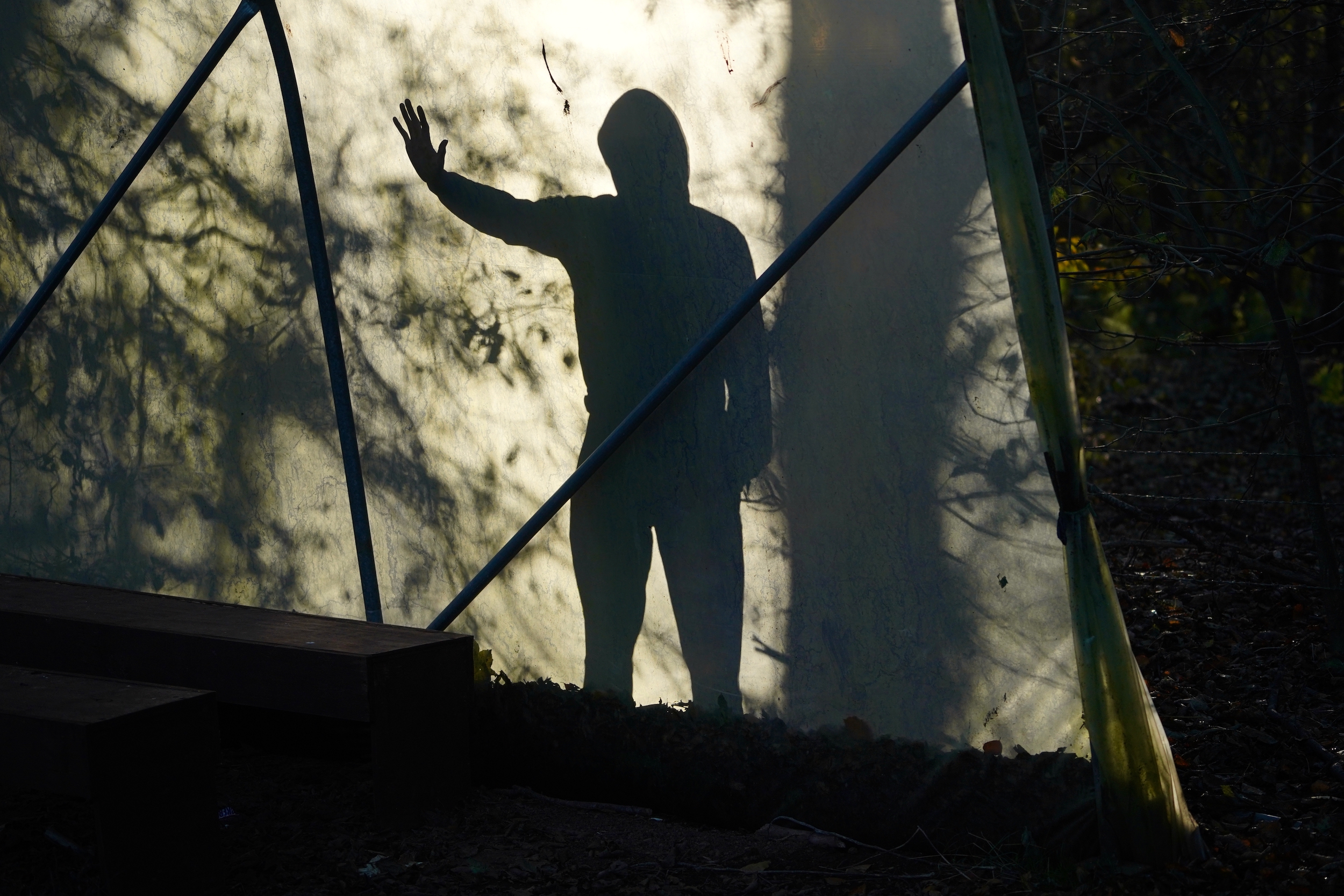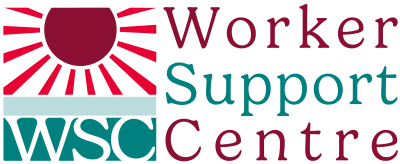
Today on EU Anti-trafficking day we join our voice with that of other members of the Global Alliance Against Traffic in Women (GAATW) to promote a just and human rights-centred approach to combatting human trafficking.
The Global Alliance Against Traffic in Women (GAATW) is an Alliance of more than 100 non-governmental organisations from Africa, Asia, Europe, Latin America and the Caribbean and North America. GAATW views human trafficking within the context of labour migration.
This EU Anti-Trafficking Day, GAATW is concluding its International Members Congress and Conference (IMCC) in Bangkok, Thailand which brings together member organisations and allies from labour, sex work, trafficking survivors, migrant and women’s rights groups from every region of the world. We are also celebrating our 30th anniversary as an international alliance, reflecting on our history and looking forward to the future. GAATW unites organisations spanning direct support, organising, knowledge building, and influencing social change touching anti-trafficking, migrant rights, and labour rights.
First, we join many in the anti-trafficking world to express our deep sadness at the news this week of the death of our dear friend and colleague, Dr Helga Konrad, who led pioneering, consistently challenging and fearless work on human trafficking spanning more than 25 years. Helga whose work included serving as the OSCE’s first Special Representative on Combatting Trafficking in Human Beings from 2004-06, was a long-time ally of our Alliance and will be greatly missed.
This week at our IMCC, GAATW members and allies have discussed the challenges facing our work today including conflict, climate crisis, far right populism, greater immigration controls, shrinking space for civil society and weakened multilateral systems.
In particular as both the EU and Member States increase immigration restrictions, we underline the severe impact of such controls on the risk of human trafficking. Across our membership we see migrants facing restrictions on their labour rights, human rights and freedoms under State imposed immigration measures and heightened border security controls. We call on all States to make migration safer, rather than increasing risk, and to address fundamental inequalities in migrant access to human rights protections including unconditional labour rights, healthcare, justice systems, social protections, and housing.
This week we have come together as an Alliance to strategise in the face of global instability. There are many challenges, therefore our strategies are wide ranging and include:
- Ensuring labour rights are upheld, including by organising marginalised workers and increasing self-representation and inclusion in social protection and public services in countries of destinations.
- Resisting attacks on migrant rights, promoting collectivisation and supporting access to justice, and
- Centring human rights in all anti-trafficking efforts, recognising sex worker rights and prioritising survivors to claim and create spaces for power and autonomy.
Together we stand in collective solidarity as we promote a just and human rights-centred approach to combatting human trafficking. We reject the securitisation of the EU and Member States’ borders which will drive many migrants into ever riskier situations, including severe exploitation. Finally, just as we did in 1994, when GAATW was founded in Chiang Mai, Thailand, we call for respect for the rights and agency of all migrant women.
For a list of all signatories, please click here
